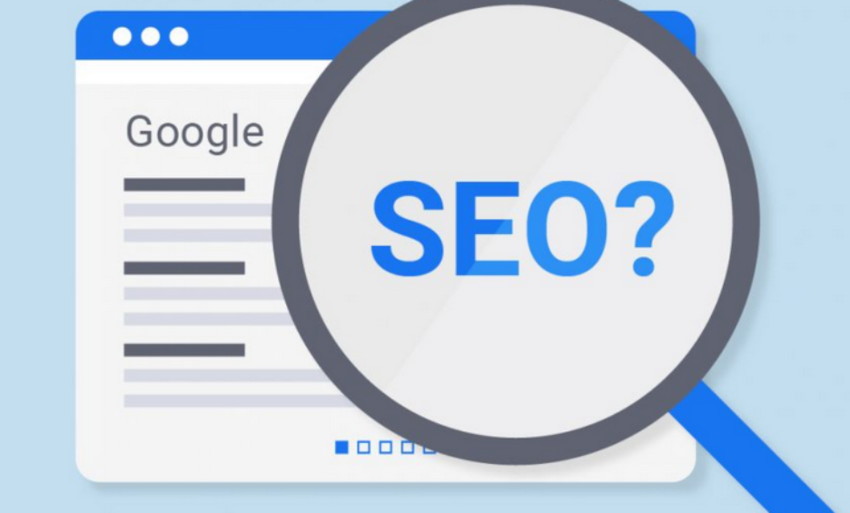
Google SEO 2025 Ranking Factors
In the first quarter of 2025, Google updated its latest version of SEO ranking factor weightings.
Compared to previous years, this new report shows only minor changes, but there are notable shifts in certain areas, especially against the backdrop of the AI-driven content explosion. Google’s “preferences” are now more worthy of re-examination.
1.
Consistently Publishing High-Quality Content That Meets User Intent
Weight: 23% (up 2% from 2024)
Unsurprisingly, this remains Google’s most important core factor.
The increase from 21% in 2024 to 23% in 2025 highlights that consistently producing high-quality content not only impacts rankings but also builds long-term authority.
High-quality content refers to original, relevant information that solves real user problems. Such content not only attracts repeat visitors but also encourages search engines to crawl your site more frequently, improving overall indexing and trust.
2.
Meta Title Includes Target Keyword
Weight: 14% (slightly down from 17% over the past three years)
Although its weight has declined in recent years, it remains the second most important factor, indicating that it is still the primary anchor for search engines to understand a page’s topic.
Properly including core keywords in meta titles remains a key action in SEO for improving relevance and visibility. Especially in competitive search results pages, an accurate and compelling title not only helps algorithms recognize intent but also directly influences whether users click.
3.
Backlinks
Weight: 13% (consistently ranked third over the past three years)
The stability of backlinks’ ranking position reinforces one point: Google has yet to find a complete replacement for “links = trust endorsements.”
High-quality backlinks effectively enhance a website’s authority and credibility, serving as an important signal for search engines to evaluate content value. In competitive SERPs, the ultimate battle is about the combined influence of content + authority, and high-quality backlinks are a key pillar of authority building.
4.
Website Vertical Expertise
Weight: 13% (rose from eighth to fourth over the past three years)
This is one of the biggest changes in 2025. Previously just a sub-concept of E-A-T, it has now become an independent ranking factor. This shows that search engines are more inclined to allocate traffic to authoritative content providers that “focus on a specific field.”
This trend drives the development of content verticalization strategies: it affects whether a page deserves to maintain its ranking long-term, not just a one-time ranking judgment, but sustained visibility.
5.
User Engagement
Weight: 11% (continues to rise)
Over the past two years, Google has increasingly emphasized user engagement as a key signal for assessing content value and expertise.
User engagement measures actual interactions between users and a page, such as click-through rate, dwell time, scroll depth, and conversion rate. These behaviors reflect whether the content is engaging and accurately addresses the user’s search intent.
6.
Content Freshness / Website Update Frequency
Weight: 6%
In previous years, freshness was only a secondary signal affecting indexing efficiency. Now, Google has officially incorporated it into its core ranking logic. Whether a page is updated and whether the information remains timely directly impacting search rankings. Especially in highly competitive topics, not updating a page for six months can easily result in being surpassed by newer content.
Updating isn’t about increasing word count but about letting search engines know: this page is still being maintained and still serving users.
7.
Mobile-Friendliness
Weight: 5%
Mobile-first is now a basic rule. Google has long fully switched to mobile-first indexing, and mobile experience has shifted from a bonus to a baseline requirement. Poor mobile performance can slow down crawling and affect indexing and rankings. Details like loading speed, layout adaptation, and button usability directly impact user retention and conversion on mobile devices.
8.
Website Credibility
Weight: 4%
This is a foundational element that supports content performance and conversions. For e-commerce sites, users care about payment security, third-party reviews, and platform endorsements. Service-based websites rely on reviews, case studies, and customer support responsiveness.
Google is increasingly valuing these “authenticity signals,” which not only affect user trust but also determine whether a page deserves to be ranked on the first page.
9.
Link Diversity
Weight: 3%
Link diversity refers to whether backlinks come from varied sources. It’s not about who has the most backlinks, but whose backlinks appear more natural.
A backlink profile from diverse types and domains更容易 builds overall trust and authority. Especially for sites with limited link-building opportunities, diversity matters more than quantity.
10.
Page Load Speed
Weight: 3%
Google prefers to index pages that are fast and stable. Especially on mobile, being slow can lead to user loss, crawl delays, and lower search engine rankings.
11.
Website Security / SSL Certificate
Weight: 2%
SSL is a security certificate that enables HTTPS, primarily used to ensure secure data transmission between users and websites.
While it’s not a core ranking factor, not having an SSL certificate can directly impact indexing, trust, and conversion performance—especially for pages involving transactions or information submission.
12.
Internal Linking
Weight: 2%
Internal links refer to the connections between pages within a website. A well-structured internal linking system helps search engines better understand page relationships and improves crawling efficiency.
Contextual semantic internal links can also strengthen topical relevance, enhance the completeness of topic clusters, and increase user dwell time on the site.
From the above 12 ranking factors, it’s clear that whether for SEO or AEO (Answer Engine Optimization), Google increasingly favors websites that are systematic, well-structured, and consistently produce content.
Content quality remains core, but now, simply “having good content” is far from enough. The structure must be engine-readable, users must be willing to engage, and the content must be regularly updated and interactive.


